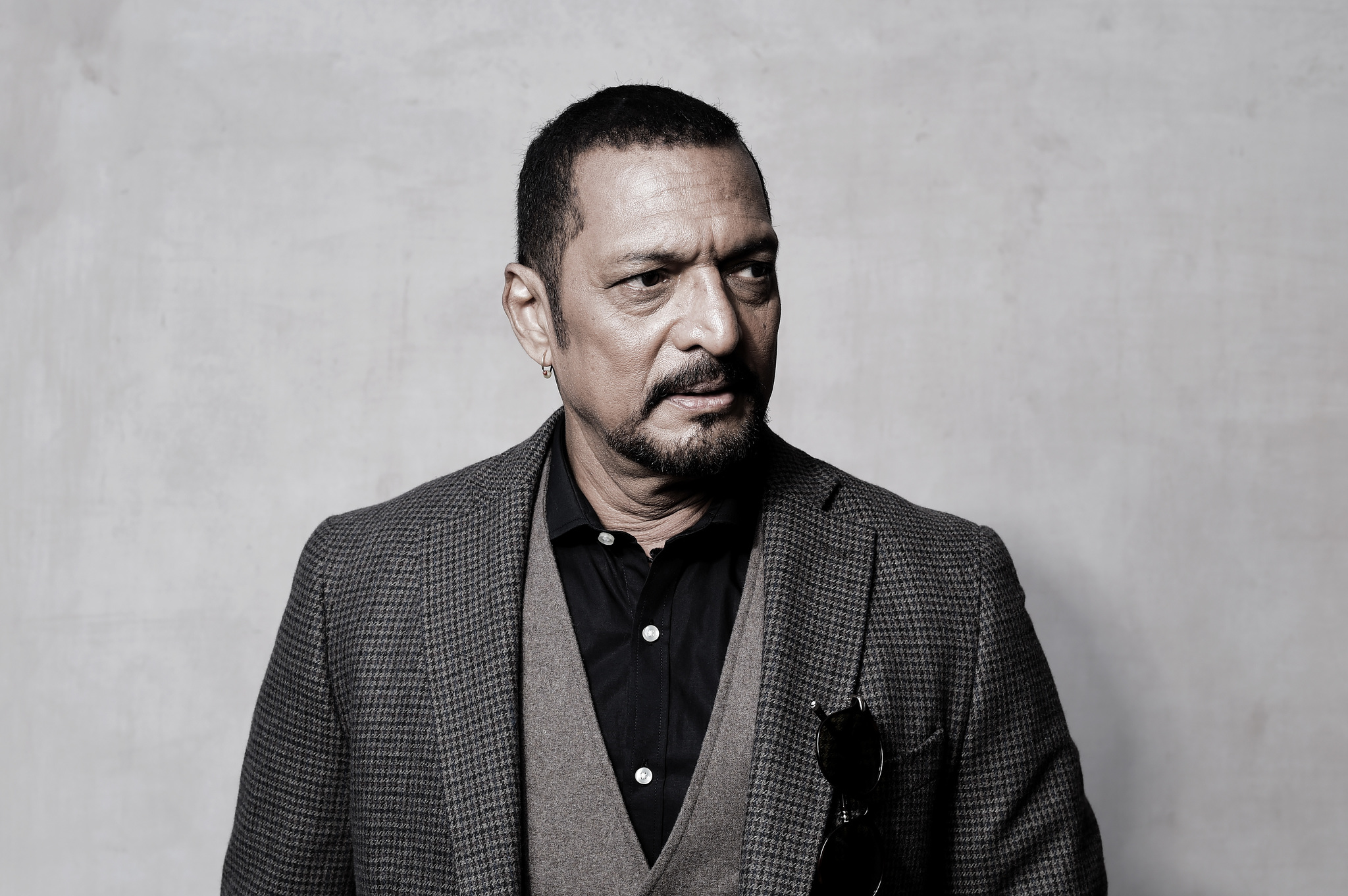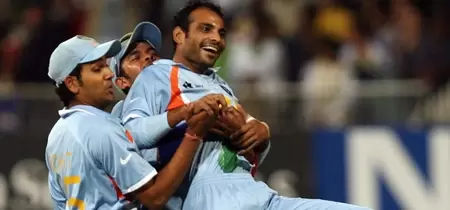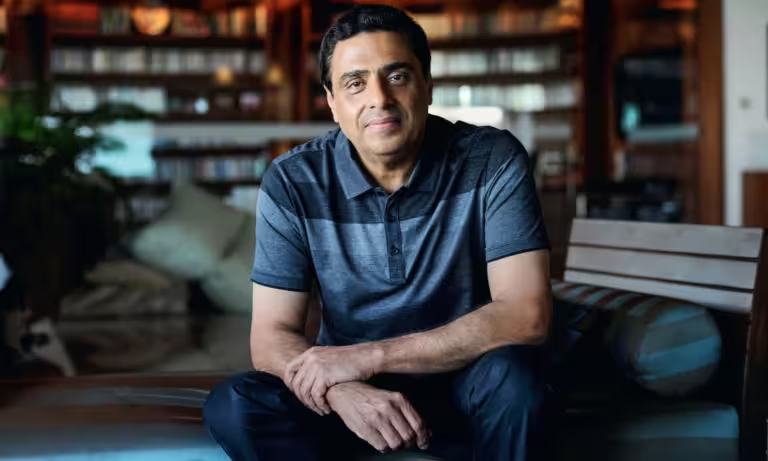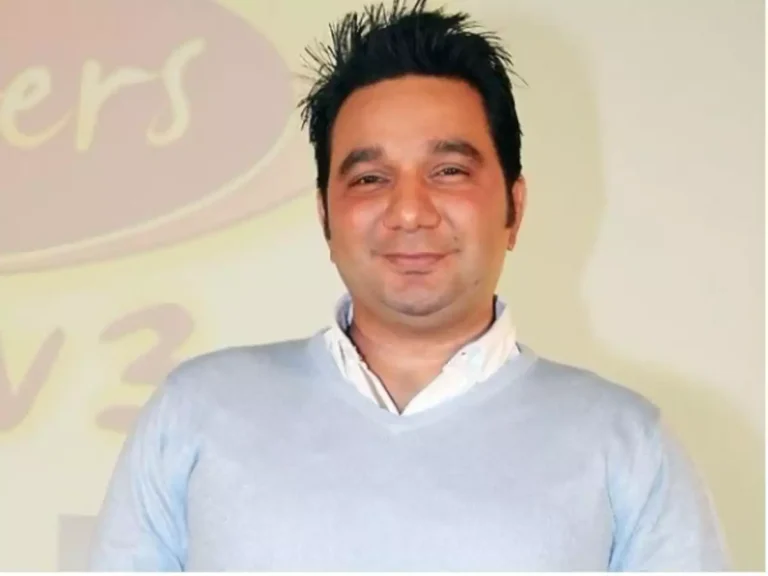Nana Patekar: The Maverick Actor and Humanitarian
Nana Patekar, a name synonymous with intense acting and raw realism, has carved a niche for himself in the Indian film industry. Known for his powerful performances and unique dialogue delivery, Patekar stands apart as an actor who transcends conventional Bollywood norms. Over the years, he has become a symbol of method acting, where authenticity, emotion, and hard-hitting truth dominate the screen. Beyond his acting career, Patekar is also recognized for his humanitarian efforts, reflecting a life dedicated not only to the craft but to social causes as well.
This article explores the many facets of Nana Patekar’s life, from his rise in the film industry to his work off-screen, his journey as a versatile actor, and his enduring legacy as a voice for the marginalized.
Early Life and Influences
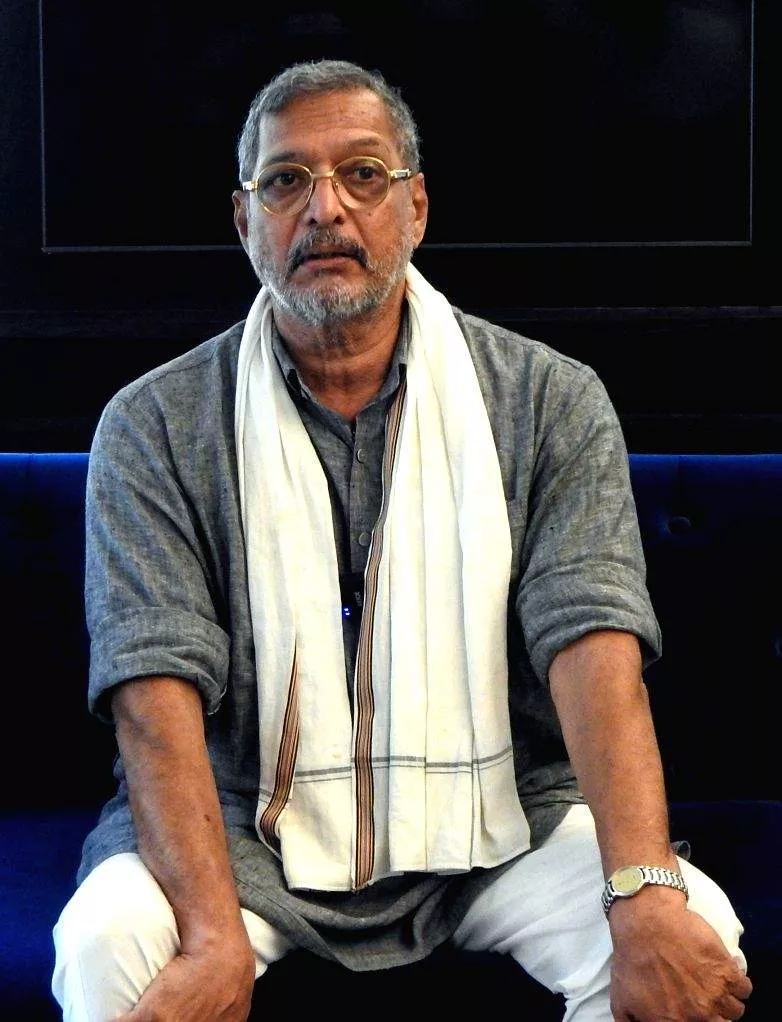
Nana Patekar, born Vishwanath Patekar on January 1, 1951, in Murud-Janjira, Maharashtra, had humble beginnings. He was raised in a lower-middle-class family, which greatly influenced his views on life and society. His father, a small-time textile businessman, struggled to make ends meet, instilling in young Nana the values of hard work and resilience.
Patekar’s early exposure to theatre during his college days at Sir J.J. Institute of Applied Art in Mumbai sparked his interest in acting. It was during this period that he immersed himself in Marathi theatre, where his talent for emotive, grounded performances was honed. Patekar’s grounding in theatre gave him the discipline and attention to detail that would later define his film career.
Bollywood Debut: A Rough Start
Nana Patekar’s entry into Bollywood was marked by a series of small roles in films during the 1970s and 1980s. His unconventional looks and raw acting style initially kept him on the fringes of mainstream Bollywood, where glamour often overshadowed talent. However, Patekar’s determination and belief in his craft pushed him forward.
He made his debut in Bollywood with the film Gaman (1978), directed by Muzaffar Ali, where he played a supporting role. Though the film did not bring him instant fame, it was the start of a long journey in an industry where perseverance is key.
It was not until the mid-1980s that Patekar started gaining recognition, thanks to his performance in Aaj Ki Awaz (1984). But it was his role in the 1989 film Parinda, directed by Vidhu Vinod Chopra, that established him as a force to be reckoned with in Indian cinema. His portrayal of the menacing gangster Anna won him the National Film Award for Best Supporting Actor, catapulting him into the limelight.
Rise to Stardom: The Making of an Icon
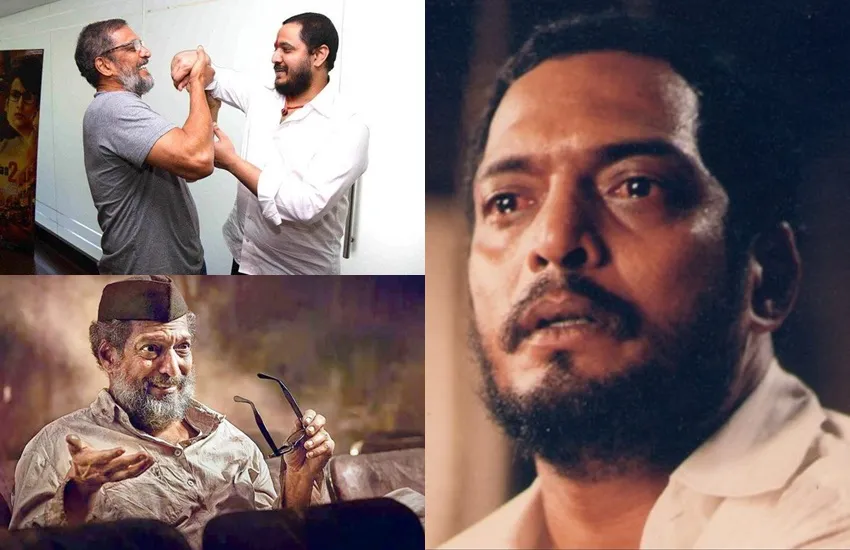
Nana Patekar’s breakthrough performance in Parinda was followed by a series of films that showcased his ability to embody complex, layered characters. His acting style, characterized by a mix of restraint and explosive intensity, set him apart from his contemporaries.
One of Patekar’s most memorable roles came in the 1991 film Prahaar: The Final Attack, which he not only starred in but also directed. Playing the role of Major Chavan, Patekar brought to life the struggles and discipline of an army officer facing personal and professional challenges. The film, which highlighted the themes of patriotism and societal apathy, resonated with audiences and solidified Patekar’s reputation as a thinking actor who did not shy away from addressing uncomfortable truths.
In Krantiveer (1994), another landmark film in his career, Patekar delivered a fiery performance as a righteous man fighting against corruption. His role as Pratap Narayan Tilak earned him the Filmfare Award for Best Actor and further cemented his status as one of Bollywood’s most talented actors. His iconic monologues in the film, delivered with conviction and passion, became cultural references, showcasing his mastery over dialogue delivery.
Acting Style: A Blend of Realism and Intensity
What sets Nana Patekar apart from many of his peers is his commitment to realism. Unlike typical Bollywood heroes, Patekar’s characters are often deeply flawed, mirroring the complexities of real life. His approach to acting involves intense preparation, and he is known for fully immersing himself in his roles. Whether playing a gangster, a soldier, or a common man fighting against injustice, Patekar brings authenticity and raw emotion to his performances.
Patekar’s voice modulation and body language are key elements of his acting style. His sharp, deliberate delivery of dialogues, combined with his minimalistic use of gestures, creates a powerful impact on the audience. Unlike many actors who rely on dramatic expressions, Patekar’s understated yet impactful style makes his performances unforgettable.
Humanitarian Work: Beyond the Limelight
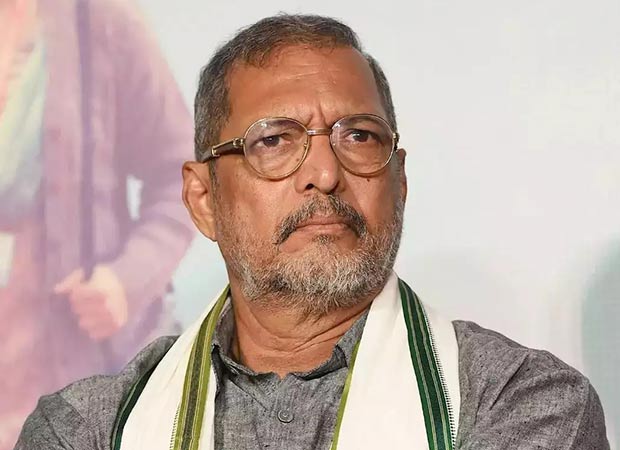
While Nana Patekar is celebrated for his cinematic achievements, his humanitarian work is equally noteworthy. Despite his success in Bollywood, Patekar has remained grounded and committed to giving back to society, particularly to the farming community in Maharashtra.
One of the most significant aspects of his social work is his involvement in supporting drought-affected farmers. In 2015, when Maharashtra faced one of its worst droughts in recent history, Patekar stepped up to provide financial assistance to the distressed farmers. Along with fellow actor Makarand Anaspure, Patekar founded the Naam Foundation, a non-profit organization aimed at helping farmers overcome financial difficulties. The foundation focuses on providing relief in the form of financial aid, employment opportunities, and assistance in water conservation projects.
Patekar’s hands-on approach to social work has won him widespread admiration. He has been known to visit remote villages, interact directly with farmers, and understand their challenges. His commitment to this cause goes beyond just donating money; he actively participates in the groundwork, reflecting his genuine concern for the well-being of the marginalized.
Controversies: A Complex Public Image
Despite his towering achievements and social work, Nana Patekar’s life has not been without controversies. One of the most talked-about controversies was the sexual harassment allegations made against him by actress Tanushree Dutta in 2018. The accusation, which dated back to 2008 during the filming of the movie Horn ‘Ok’ Pleassss, became part of India’s burgeoning #MeToo movement.
Patekar denied the allegations, and the case was eventually closed due to a lack of evidence. However, the controversy brought significant media attention and sparked debates on harassment in the Indian film industry. While some sections of the public continued to support Patekar, others questioned his integrity, showcasing the complexities of fame in the age of social media.
Despite this setback, Patekar’s career and reputation have largely remained intact, as many in the industry and his fanbase continue to admire his contributions to both cinema and society.
Later Career: Experimenting with Different Roles
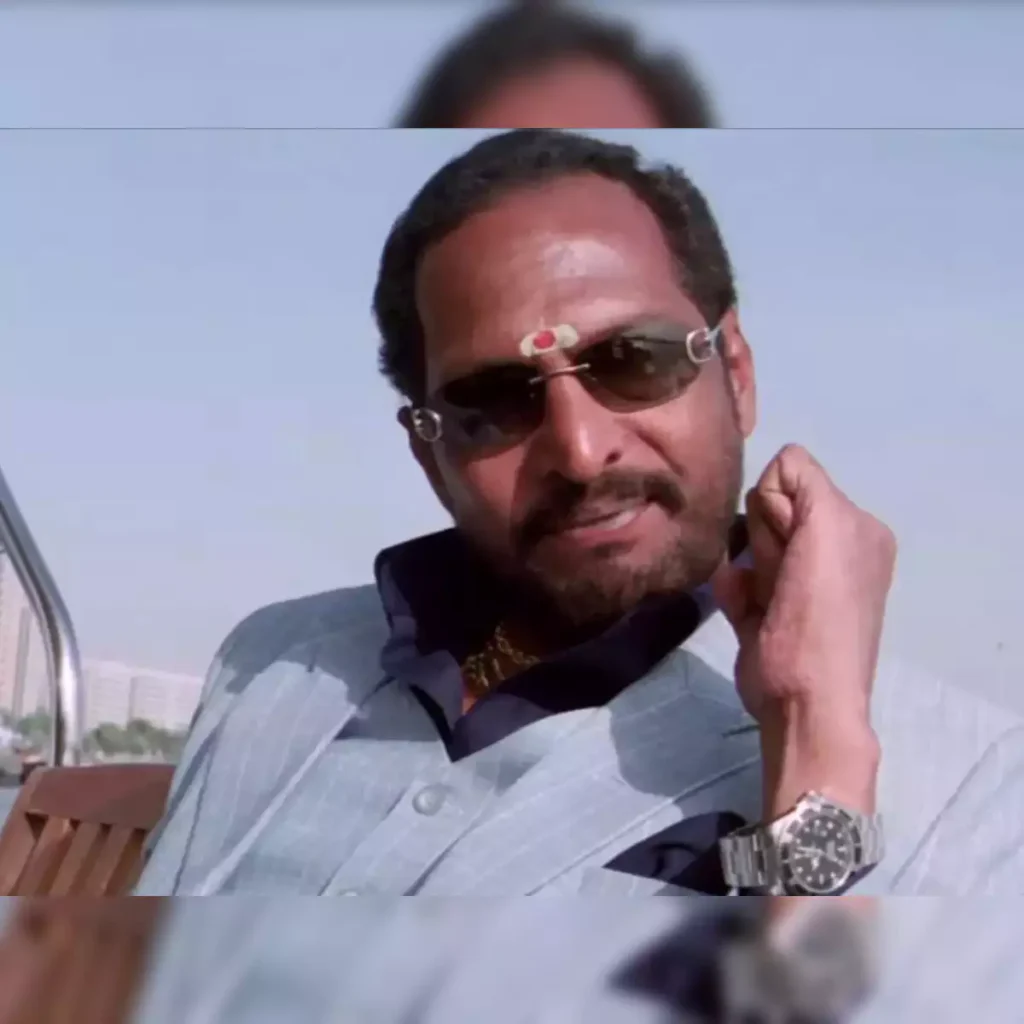
As Nana Patekar aged, his choice of roles became more selective, but his performances continued to leave a lasting impression. In 2015, he delivered a critically acclaimed performance in the Marathi film Natsamrat, an adaptation of a popular Marathi play by V.V. Shirwadkar. Patekar played the role of a veteran stage actor struggling with retirement and the inevitable passage of time.
Gajanana, a speech delivered by Patekar’s character in Natsamrat, became an instant hit, and the film was lauded for its depth and emotional intensity. Patekar’s portrayal of an aging actor dealing with existential dilemmas resonated with audiences across generations, proving once again that he is an actor par excellence.
He has also appeared in other notable films like Welcome (2007), where he took on a comedic role, demonstrating his versatility. His portrayal of Uday Shetty, a don trying to turn respectable, showcased Patekar’s ability to bring humor to his usually serious persona, making him a favorite in the genre of comedy.
Nana Patekar: A Legacy of Integrity and Excellence
Nana Patekar’s contribution to Indian cinema cannot be overstated. Over the course of a career spanning more than four decades, he has consistently pushed the boundaries of what it means to be an actor in Bollywood. His commitment to realism, his refusal to conform to the glamorized portrayals of Bollywood heroes, and his intense dedication to his craft have set him apart as a true artist.
Beyond acting, Patekar’s philanthropic efforts reflect his deep concern for society. His work with farmers and his consistent efforts to uplift the underprivileged highlight his belief that fame should be used for the greater good. In an industry often criticized for its excesses, Patekar has remained an actor who lives simply and believes in giving back.
Conclusion: The Unfinished Journey
Nana Patekar’s life is a testament to resilience, hard work, and the pursuit of excellence. Whether it’s his gritty performances on screen or his selfless work off it, Patekar has left an indelible mark on Indian cinema and society. His journey, however, is far from over. With his ability to reinvent himself, adapt to new roles, and stay relevant in an ever-changing industry, Patekar’s legacy will continue to inspire future generations of actors and filmmakers.
In an industry that often values appearance over substance, Nana Patekar stands as a beacon of authenticity, a maverick who has always chosen substance over style, both in his career and in his life.
